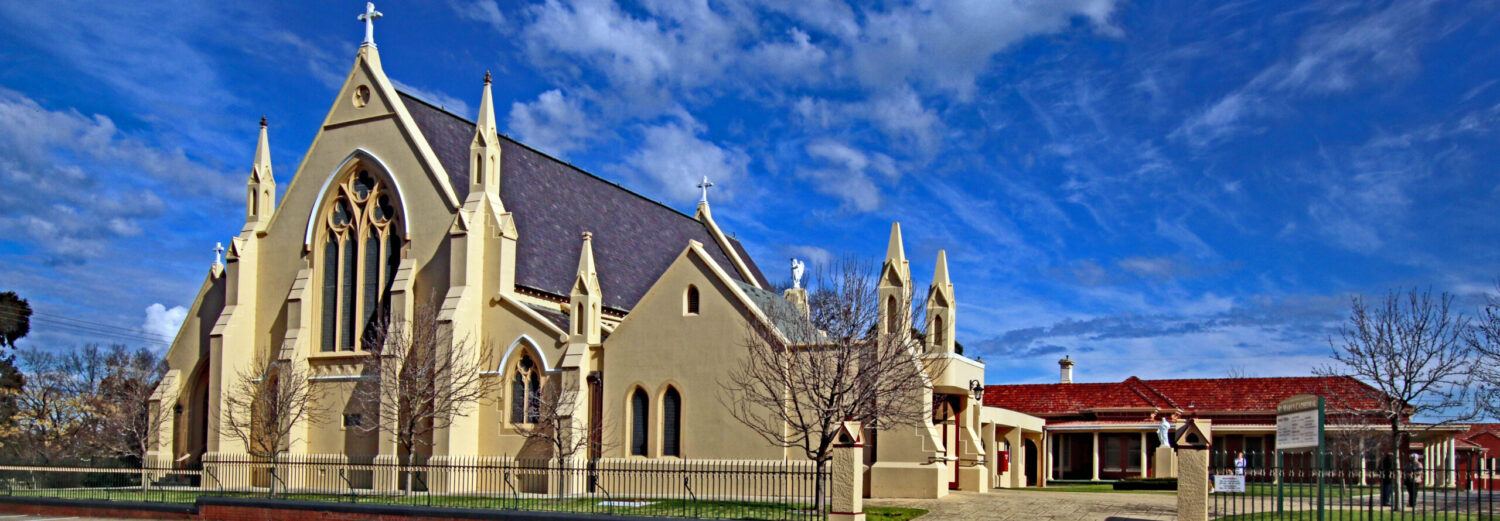19th/20th August, 2017
(Matthew 15:21-28)
This Gospel story is a strange one, one that all of us are familiar with. An encounter with a beggar, True this Canaanite woman was not begging for money. But she was begging for a favour. At one time or another all of us have been approached by a beggar either at our doorstep or on a public street. How do we react when we encounter someone asking for help?I think it would be fair to say that few of us Father, Mother, Priest, Religious, Teacher, professional, everyday people of all denominations come out of such an encounter with credit! Generally we refuse to help the person. We justify our refusal to help by telling ourselves we haven’t time, we can’t help everybody.
What it comes down to is this: We are afraid of the cry of the poor. An encounter with a beggar stirs up unpleasant feeling inside us, reveals conflicting feelings of pity, discomfort, anger and guilt.
We dislike what we discover about ourselves. Unless we (Father, Mother, Child, Priest, Religious, Teacher, Student-everyday person) are careful we may direct that dislike at the poor unfortunate person,who has dared to approach us.
An encounter with a poor person can be a humbling experience because it makes us aware of our own poverty. We realise that while the beggar is materially poor, we are poor in a different sense. We are poor in compassion, poor in our willingness to help another person, poor in our capacity to love. On the other hand even though an encounter with a person in need may disturb us, it can also be fruitful. Through the poor we discover our own weakness and brokenness which we are good at concealing. This means that we do not have to wear a mask and pretend to be what we are not. It results in a deep inner liberation. It puts us in touch with our true selves. In point of fact the encounter with the needy can awaken and reveal the heart. It can awaken in us feelings of tenderness, compassion, kindness and communion. It shows us that it is possible to be more, to love more, and to give more of ourselves. It can change us. It calls us to humanity. It leads us to a new beginning.
And it reminds us, that before God all of us are poor. The priest says the prayers of the Mass with outstretched hands-praying like this acknowledges that before God we are poor and stand in need of his mercy and love. We hold out our empty hands to God as a beggar holds out an empty bowl to passersby. In effect we are saying ‘Lord before you I am as poor as a beggar.’
The Lord feeds the poor, blessed be the Lord.
Love, peace and kindness to one and all
Dean Peter
